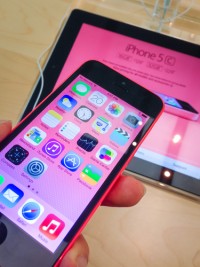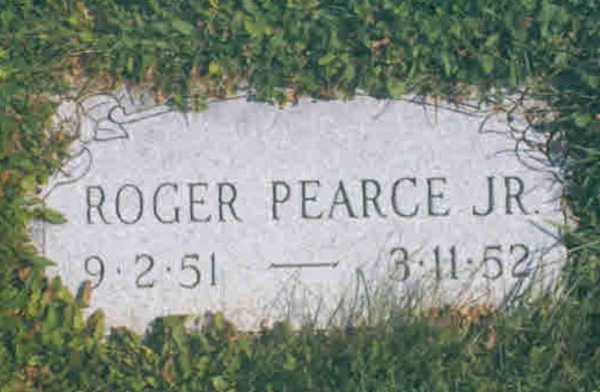County gave feds OK to unlock killer's iPhone, but it never installed feature allowing remote access

An iPhone 5C. Canadapanda / Shutterstock.com
Amidst the hoopla over Apple Inc.’s resistance to a federal court order requiring the company to cooperate with efforts to unlock an iPhone linked to a December work-related shooting in San Bernardino, California, there has been little media focus on the government’s basis for seeking access.
The iPhone 5C in question belonged to San Bernardino County, which has agreed to the search, according to prosecutors. Now-deceased shooter Syed Rizwan Farook was provided with the iPhone because he worked as a county public health inspector, and signed an agreement that the county had a right to search the contents of the phone, the Associated Press reports.
However, the county never installed a mobile device management feature that, at a cost of $4 per month, would have made it easy for the government to do so by permitting San Bernardino to unlock the device remotely, the article explains. A county spokesman questioned, though, whether the feature would have been all that useful, since the user can defeat it by manually removing it.
Farook and his wife died in a police firefight in December, after killing 14 people. Some have questioned why authorities didn’t simply use his thumbprint to unlock the phone, but it also lacked the requisite TouchID feature, the AP says.
Whether Apple should disable a feature that automatically erases the data in the device if there are 10 consecutive unsuccessful attempts to log in is now at issue in the ongoing battle over the U.S. magistrate judge order, much of which is being fought in the court of public opinion.
“We simply want the chance, with a search warrant, to try to guess the terrorist’s passcode without the phone essentially self-destructing and without it taking a decade to guess correctly,” said FBI Director James Comey in a Sunday post at the Lawfare blog. “We don’t want to break anyone’s encryption or set a master key loose on the land.”
But former U.S. solicitor general Ted Olson, who is representing Apple, sees the situation as a slippery slope. “There’s no limit to what the government could require Apple to do if it succeeds this way,” Olson told ABC’s This Week, the Los Angeles Times reported.
Related coverage:
ABAJournal.com: “Apple opposes judge’s order to unlock killer’s iPhone, says FBI is misusing the All Writs Act”
ABAJournal.com: “DOJ says Apple is ‘not above the law,’ moves to compel compliance with iPhone order”
Los Angeles Times (sub. req.): “The war between the FBI and Apple just heated up again “
New York Times (reg. req.): “Apple Moves to Shift Battle Over Unlocking iPhone to Capitol Hill”



